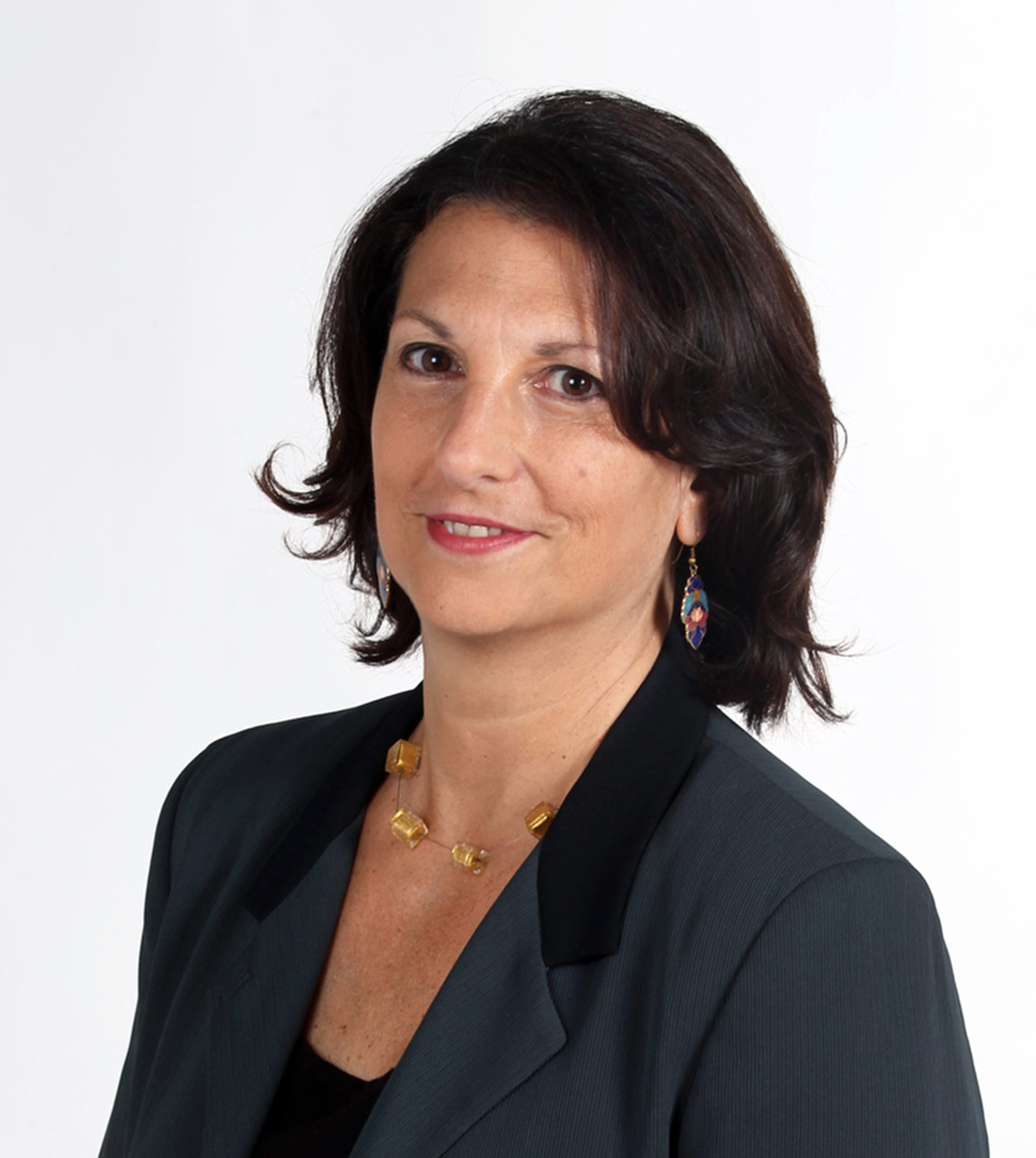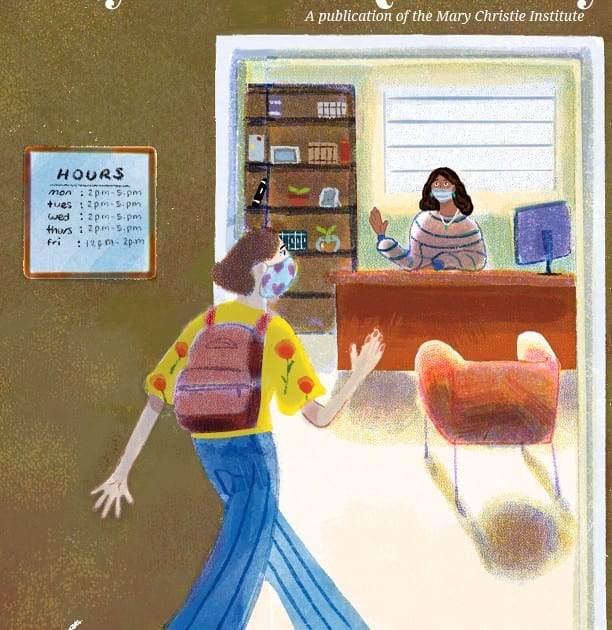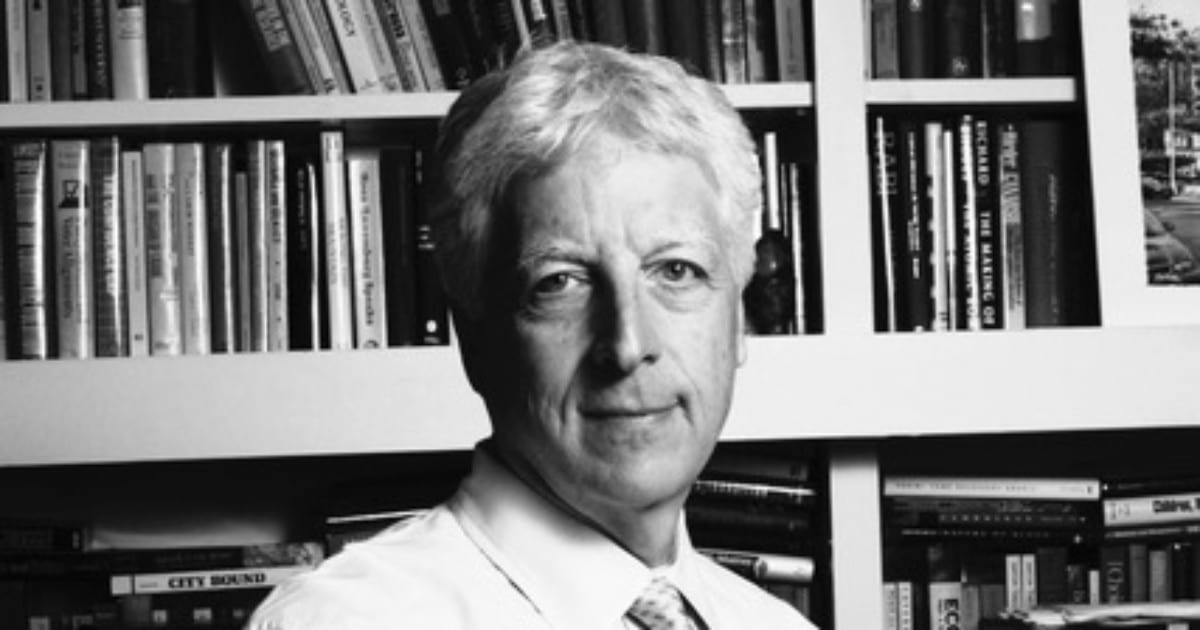Through in-depth interviews and articles on issues and challenges facing higher education, The Mary Christie Quarterly occupies a unique space in the field of college health publications. Its diverse readership, comprised of higher education leaders, policy makers, counseling and health center professionals, and other individuals committed to enhancing the college experience, also sets it apart.
I am pleased to announce and honored to have been asked to edit a new feature of the Quarterly. Starting in July, readers can look forward to a new section that we’ve entitled “Innovations in Behavioral Health Care.” In it, we will be inviting research leaders to write in-depth commentaries on topics related to college student behavioral health. This section will be distinct from other parts of the Quarterly in that the commentaries will undergo scientific peer-review, thereby enhancing the value of the pieces and providing authors from our institutions of higher education a unique venue to publish their thoughtful perspectives.
The sheer volume of exciting new findings that are reported daily makes it difficult to keep up with what’s new and what could make a difference in the way we address challenges in behavioral health.
This section will provide our readership with thoughtful perspectives on novel or emerging topics. The research literature is deep and complex, and often not accessible to campus practitioners and administrative leaders. Among the vast literature, we’ll focus on areas of particular relevance to our constituency groups. Some examples of topics that we hope to include in the coming year or two include:
- Research on student activism participation and its relationship to emotional wellbeing
- New findings on the seriousness of sleeplessness among college students and how to address it
- The emergence of emotional dysregulation as a common denominator of many of the behavioral health issues affecting college students
- New findings on the neurobiological impacts of high potency THC cannabis products and how to address their widespread availability in communities surrounding college campuses
There is a limited number of traditional journals that will consider a commentary on an emerging issue for which only preliminary data is available. Similarly, commentaries will be solicited regarding topics that have a solid knowledge base but for which action in a practical sense has been slow.
This section will be distinct from other parts of the Quarterly in that the commentaries will undergo scientific peer-review, thereby enhancing the value of the pieces and providing authors from our institutions of higher education a unique venue to publish their thoughtful perspectives.
Furthermore, we’ll try to focus on topics in the research literature regarding college student health that require cross-disciplinary perspectives to fully understand them and more importantly, how to put the knowledge into practice. For example, there is new research on the reasons and the consequences of food insecurity among college students. Tackling food insecurity requires the bridging of several academic disciplines, including nutrition, cognitive science, health literacy, and public policy. Another example is how reducing suicidal behavior requires the collective expertise of physicians, researchers in biological and genetic sciences, health communication and social media specialists, sociologists, and many others. The recognition that these kinds of concerns among college students need to be effectively addressed has never been greater.
Importantly, this new section will not focus on the presentation of original research or provide comprehensive literature reviews. We’ll leave that task to traditional scientific journals. Rather, we’ll invite authors to answer the proverbial question “So what?” How has the science lead to a new understanding of the problem? How do the results of new and better-designed studies expand and/or challenge our current view?
In April of 2017, Marcus du Sautoy published a prophetic op-ed in the Los Angeles Times entitled “Why aren’t people listening to scientists?” In that piece, he describes how science challenges us to change our minds about our entrenched beliefs. Many of these beliefs come from our own experiences or the ones of those close to us. He says, “Science requires us to think collectively, for the good of humanity, rather than individually.” Moreover, he counters one of the main criticisms of scientific studies—that you can never get a definitive answer.
It’s typical for scientific findings to differ depending on the methods that were used to derive an answer to the question, or even the historical period in which the research was conducted. But this uncertainty makes people feel uncomfortable and discount the value of scientific findings. Dr. du Sautoy says “That science is constantly improving does not mean it is always wrong.” Along these lines, we’ll ask our authors to stretch their traditional academic stance and attempt to convince our readership that the science is worth watching and listening to.
We look forward to this exciting new opportunity and welcome the feedback of our readership.
du Sautoy, M. (2017, April 23). Op-Ed: Why aren’t people listening to scientists? Los Angeles Times. https://www.latimes.com/opinion/op-ed/la-oe-dusautoy-march-for-science-20170423-story.html




